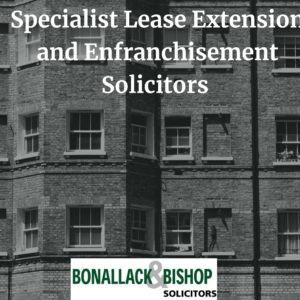The vast majority of residential leases originally granted for at least 21 years, are eligible  for lease extension.Under the Leasehold Reform, Housing and Urban Development Act 1993, lessees have a legal right in extending the lease on their flats for an additional 90 years without ground rent, although they will need to pay the freeholder to take up this right. but certain types of property are exempt from lease extension.
for lease extension.Under the Leasehold Reform, Housing and Urban Development Act 1993, lessees have a legal right in extending the lease on their flats for an additional 90 years without ground rent, although they will need to pay the freeholder to take up this right. but certain types of property are exempt from lease extension.
Want to know more about lease extension? Call our specialist solicitors on FREEPHONE 0800 1404544 for FREE initial phone advice – with no strings attached.
The right the right to extend your lease – are you or your property exempt?
Certain leaseholders however are completely exempt from the right to a statutory lease extension, including if:
• the freeholder is part of a charitable housing trust and the flat is provided by the charity as part of charitable work
• the original lease was granted for less than 21 years
• the property is a National Trust building
• the property is owned by the Crown
• the property is within the boundaries of a cathedral precinct
• the flat is owned on a “shared ownership” basis and the leaseholder has not “staircased” up to 100% ownership.
• it is a business lease
NB the requirement that any leaseholder has been registered as the owner for less than two years abolished on January 31, 2025. Anyone buying a short lease property can now apply for a formal lease extension on day one.
My property is exempt from the right to lease extension. Can I still agree an informal lease extension with the freeholder?
Although in all other cases it is your legal right to apply for an extended lease, these factors not necessarily make you outright exempt.
So yes, it it may still be possible to attempt to arrange a leasehold extension via an informal negotiation with your landlord. However there are risks in going down this voluntary route, rather than the more formal or statutory route.
Click here to read more about private, informal or voluntary lease extensions
For advice to trust from specialist Lease Extension Solicitors, call us today
Instruct our team of specialist specialist lease extension solicitors who will guide you through this complex process and help eliminate the worry from what can be a stressful situation for both lessees and freeholders.
For FREE initial phone advice, with no strings attached,
- Give one of our team a call now on FREEPHONE 0800 1404544, or
- Send us an email via the contact form below.
